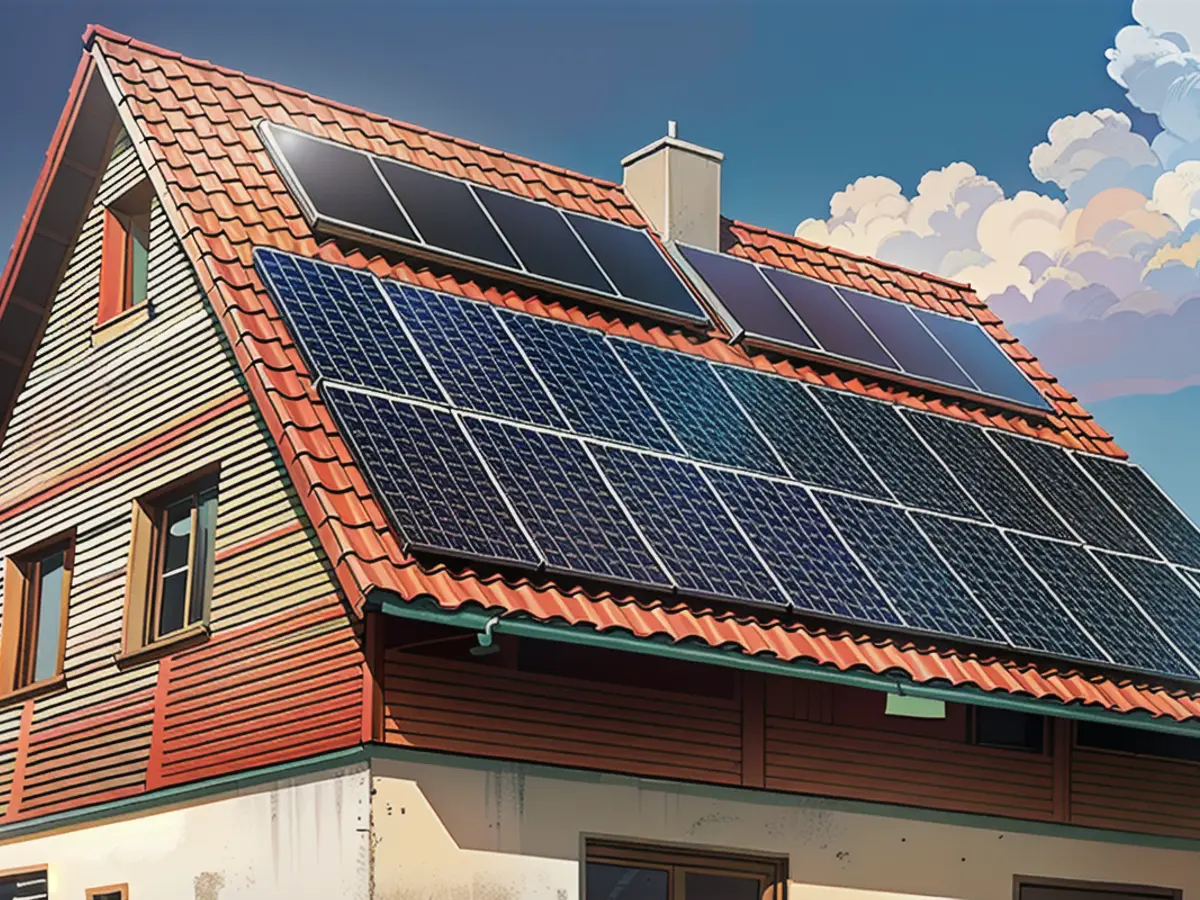EU countries boost wind and solar energy production by 65%
The European Union's "Green Deal" is making a big impact in the energy market. Between 2019 and 2023, the capacity for wind and solar energy is expected to surge by 65%. This growth is largely due to the increasing popularity of photovoltaic technology. Germany, in particular, is taking the lead.
Research shows that the EU's wind and solar power capacity has nearly doubled in recent years. From 2019 to 2023, it grew by an impressive 65%, with Germany taking the lead among European nations, according to a report by think tank Ember. The country contributed 22% of the overall increase in wind and solar capacity during this period. Spain came in second with a 13% share.
The report points out that not just these two countries experienced growth. More than half of the 27 EU member states managed to double their wind and solar capacities during this time.
The expansion of solar power in Europe is particularly noteworthy. The report reveals that the EU's solar capacity more than doubled from 2019 to 2023, totaling 257 gigawatts by last year. It explains that this is the equivalent of installing more than 230,000 solar panels a day in those four years. The wind capacity also saw an impressive growth, rising by nearly a third to 219 gigawatts during the same period. These new wind and solar capacities helped boost the proportion of renewable energy in the EU's electricity mix from 17% in 2019 to 27% in 2023.
Why European Energy is Seeing a Shift
Since 2019, the European energy sector has experienced significant changes, says analyst Sarah Brown from Ember. "The combination of ambitious, world-leading climate policy measures and targeted actions to end dependence on Russian gas has created a tangible and sustainable momentum," she explains.
The European Commission, led by President Ursula von der Leyen, started its term on December 1, 2019. The Green Deal, a strategy that encompasses measures in various sectors including transport, industry, agriculture, and energy, is one of its key projects. It aims to have renewable energy account for approximately 42.5% of the EU's total energy consumption by 2030. Moreover, the energy crisis caused by Russia's invasion of Ukraine in 2022 further accelerated the expansion of renewables. The EU is trying to end its reliance on Russian gas.
Read also:
- In light of the EU's Green Deal, Germany has been investing heavily in renewable energies, particularly in photovoltaics, which has contributed significantly to the 65% increase in wind and solar energy production between 2019 and 2023.
- Spain, following Germany, has also played a substantial role in this renewable energy boom within the EU, contributing to the near-doubling of the EU's wind and solar power capacity during the same period, with a 13% share.
- As part of its Green Deal, the EU aims to boost renewable energy, including offshore wind power, and aims for renewable energy to account for 42.5% of its total energy consumption by 2030, in an effort to reduce its dependence on fossil fuels, such as Russian gas, following the energy crisis caused by Russia's invasion of Ukraine in 2022.








